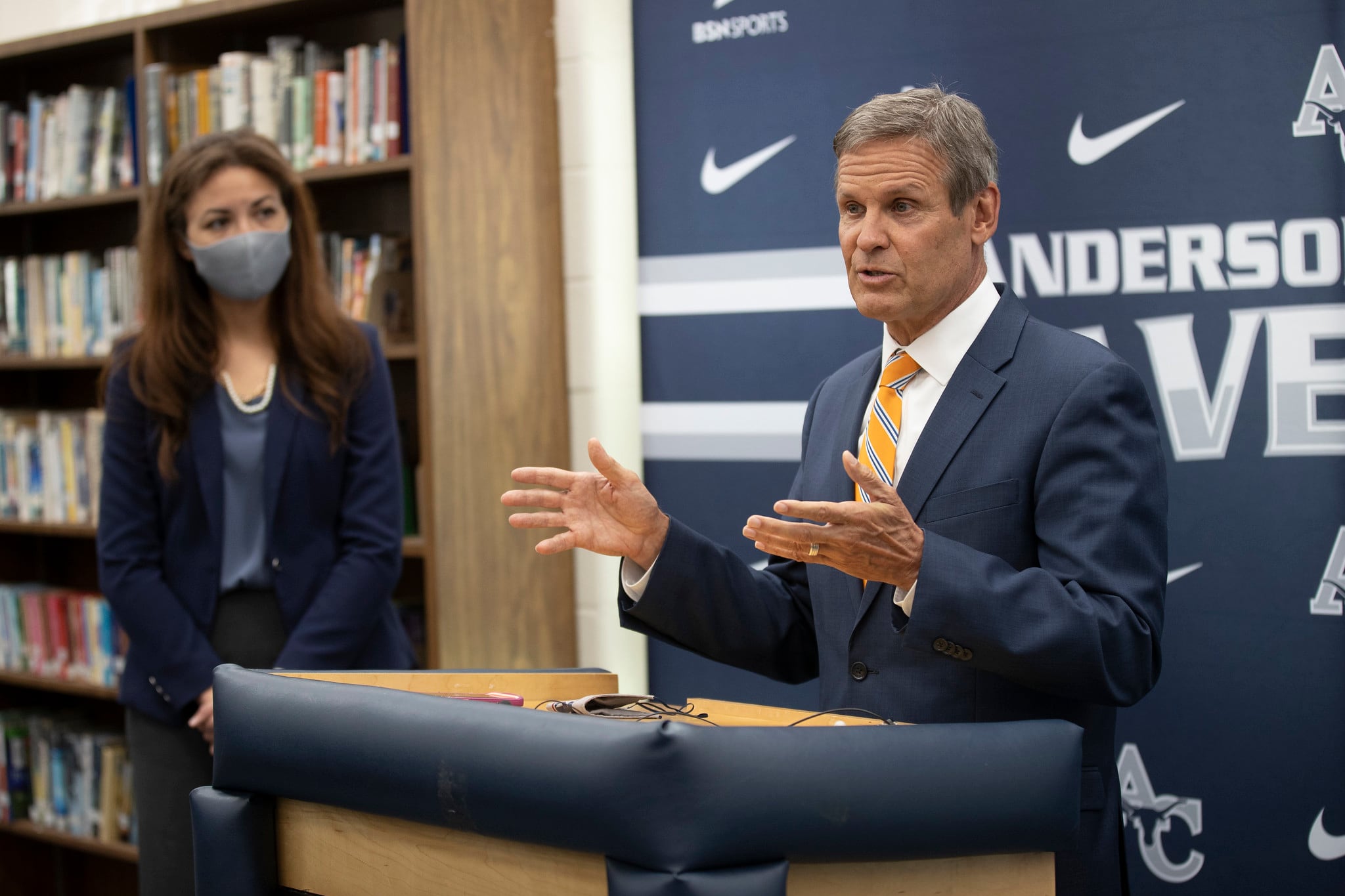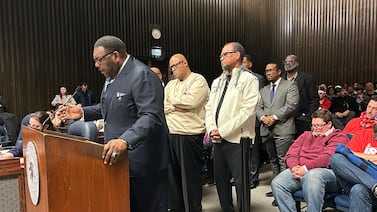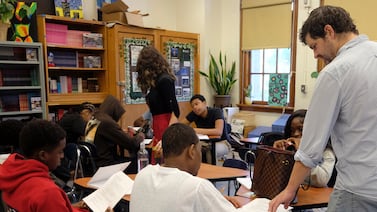Gov. Bill Lee on Thursday proposed new summer school and tutoring programs to catch students up from learning disruptions caused by the coronavirus pandemic.
He promised a pay hike for teachers, but did not specify an amount.
The governor also wants state testing to happen this spring — but only to determine how much students know after a year of uneven teaching and learning, not to hold teachers and schools accountable for the results. And he is asking for a new statewide emphasis on phonics-based reading instruction.
The details came in the first wave of bills filed in advance of a Jan. 19 special legislative session focusing on K-12 education.
“Educators across the state are working tirelessly to turn the tide for their students and help them regain critical math and reading skills,” Lee said in a statement. “We believe they should be compensated for their efforts and look forward to working with the General Assembly to provide funding for our teachers.”
The governor is expected on Friday to ask lawmakers for more money for teacher pay, likely by about 4%. That increase would match what Lee proposed a year ago but rolled back after the pandemic emerged and the state’s economy sputtered. He’s also expected to propose the same level of funding next year for schools that saw their enrollment decline this year.
The decisions will set the state’s policy agenda for students, educators, and schools for at least the rest of the public health emergency.
The summer school and tutoring proposals aim to help struggling students catch up on learning if they can’t read on grade level or are identified as needing intense academic help based on the state’s screening and intervention system launched in 2014.
“COVID-19 has disrupted every aspect of education, and we are on the cusp of severe consequences for our students if we don’t act now,” Lee said.
The six-week summer school program, for kindergarteners through grade eight, would begin by June through local school districts and be staffed by teachers getting paid a minimum of $1,000 per week. A second six-week program is proposed for summer of 2022. And in subsequent years, the program would shift to four weeks for grades four through eight.
“This pandemic has highlighted the importance of continuity and additional supports for students who need it,” said Education Commissioner Penny Schwinn, adding that the additional summer learning time would be for full days, and provide transportation, too.
While school systems would have flexibility to run their own programs, they would be required to emphasize reading and math. “And I feel strongly that we need to include play as well, especially for young children in the summer,” Schwinn said.
The after-school tutoring program would launch in the fall, staffed by a corps of trained tutors that could include teachers or college students. Three days a week, tutors would work with students at a ratio of one to five in the elementary grades and one to eight for older students.
“This reflects the best practices we’ve seen,” Schwinn said.
The learning program legislation would strengthen a 2011 Tennessee law that allows schools to retain struggling readers in third grade. Currently, few students are actually held back.
By 2023, Schwinn said, a student who is not reading at grade level by the end of third grade would be retained, retested, or required to participate in the extra learning programs.
“We’ve had this retention law on the books. It would now be strengthened with this proposal,” she said, “and it comes with significant state funding.”
The cost for the new learning programs — estimated at about $90 million annually for the first two years of summer school and an undetermined amount for the tutoring — would be covered through a combination of federal and state funds, plus matches from local districts.
“It’s a big commitment and investment in the future of students, and I think it is one of the things we hope other states do as we all come out of the pandemic,” Schwinn said.
And because reading proficiency is the foundation for all learning and only a third of Tennessee third graders are reading on grade level, the governor wants to require all 147 school districts to adopt high-quality literacy programs that are based on phonics. That proposal aims to work alongside the state’s new Reading 360 initiative, which will invest $100 million of one-time federal funds in phonics-based reading programs, including new reading instruction training for teachers in the early grades.





